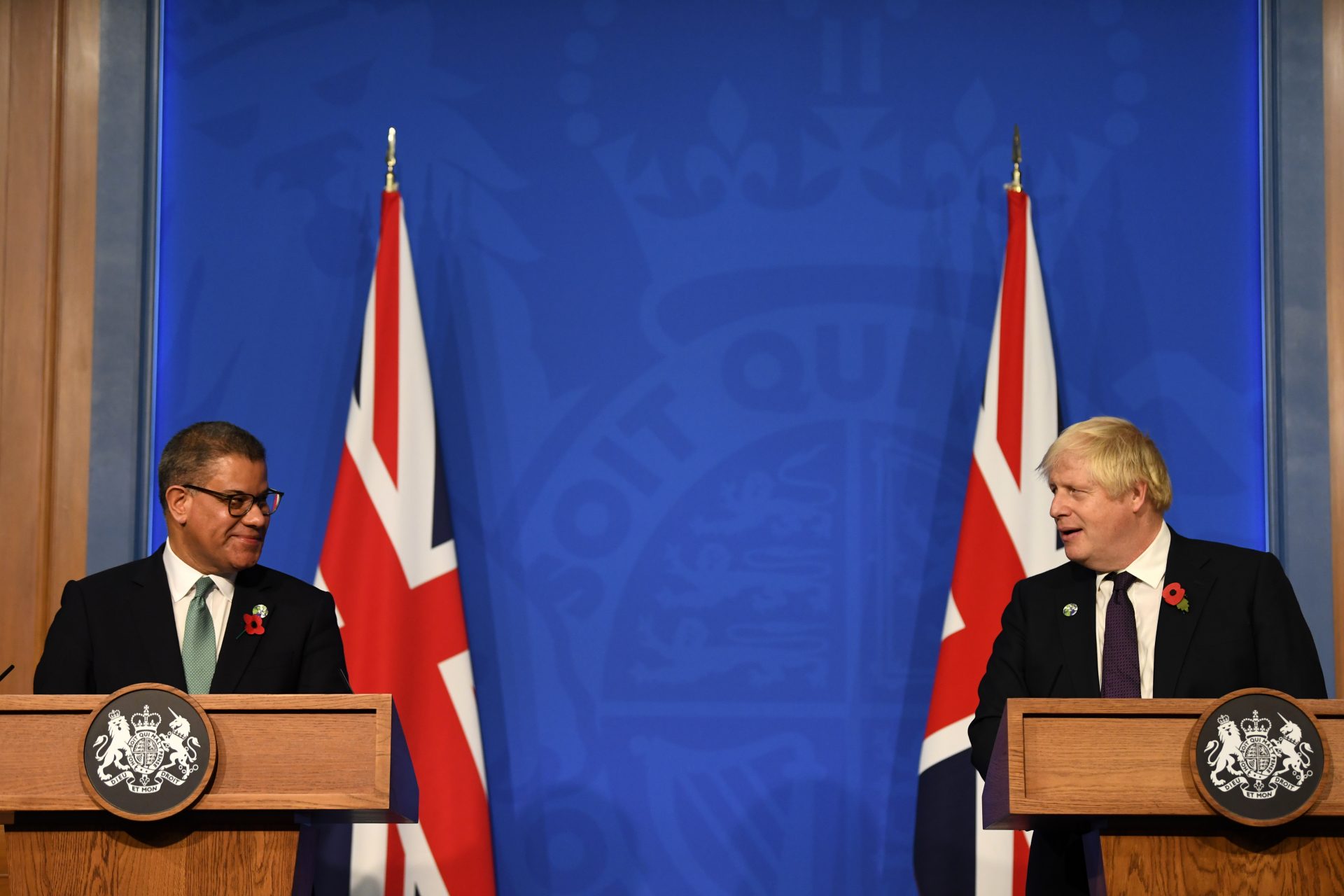The sight of Alok “no drama” Sharma struggling to hold back tears as he apologised for the way the COP26 summit had ended seemed to genuinely move delegates in the vast plenary hall in Glasgow. His seemingly raw emotion won him a round of applause, but even before he lowered his gavel on the Glasgow Climate Pact, the criticism was flooding in.
Small island states were among those to deplore the 11th-hour decision to replace draft language on “phasing out” coal with “phasing down” — a change demanded by India and China. Environmentalist George Monbiot said the deal was a “pathetic, limp rag of a document” while Mary Robinson, chair of The Elders group of public figures, said the meeting would be seen as “a historically shameful dereliction of duty.”
Greta Thunberg tweeted: “The #COP26 is over. Here’s a brief summary: Blah, blah, blah. But the real work continues outside these halls. And we will never give up, ever.”
The COP26 coalition of environmental organisations said the outcome was a betrayal. “The UK was tasked with the 1.5 COP, but what they’ve delivered is the 2.5C COP. More interested in preening their feathers with press releases and announcements, they’ve failed to do their job.”
While Sharma, who admitted the deal was a fragile win, has been widely praised for his handling of the summit, the same cannot be said of prime minister Boris Johnson. Foreign newspapers and media made fun of his parochial opening speech while others deplored the fact that he did not wear a mask while sitting next to 95-year-old British veteran naturalist David Attenborough.
Some have greeted Johnson’s recent conversion to climate action with scepticism and this was only reinforced when it emerged that he took a plane to return to London from the summit’s opening sessions so that he could, according to the Mirror, attend a reunion of Daily Telegraph journalists at the Garrick Club.
At a press conference on Sunday, Johnson sought to strike, quite literally, a more upbeat tone.
“I know it’s tempting to be cynical, to dismiss these types of summits as talking shops but we came to COP with a call for real action on coal, cars, cash and trees,” he said, thumping the lectern for each of the four one-word targets and insisting the UK did get real action.
And there were some gains in these areas, including a pledge by leaders to reverse deforestation by 2030, an agreement to cut methane emissions, commitments from around 40 countries to shift away from coal, and a promise from the United States and China to boost climate cooperation over the next decade.
But even Johnson couldn’t booster away the fact that the summit failed to offer much hope to the people on the front lines of climate change. He did, however, place the blame squarely at other doors.
“Those for whom climate change is already a matter of life and death, who can only stand by as their islands are submerged, their farmland turned to desert, their homes battered by storms, they demanded a high level of ambition for this summit and while many of us were willing to go there, that wasn’t true of everybody, sadly. That’s the nature of diplomacy. We can lobby, we can cajole, we can encourage but we cannot force sovereign nations to do what they do not want to do,” he said.
Scottish first minister Nicola Sturgeon said Johnson should have led more from the front, adding he “didn’t sufficiently apply himself. History may well judge.”
Away from the political machinations and blame game being played out on this small island, hearts were sinking and fears rising on the islands most threatened by climate change.
Simon Kofe, the foreign minister for Tuvalu who recorded his opening message to COP26 while standing at a lectern in the sea off Tuvalu, said he was disappointed bigger countries did not pledge more profound cuts to emissions and also denounced the last-minute wording change.
“It’s basically the survival of countries like Tuvalu,” he said, this time speaking from behind a desk. “The highest point on Tuvalu is four metres above sea level so any increase in sea-level rise means that parts of the islands are washed away.”











